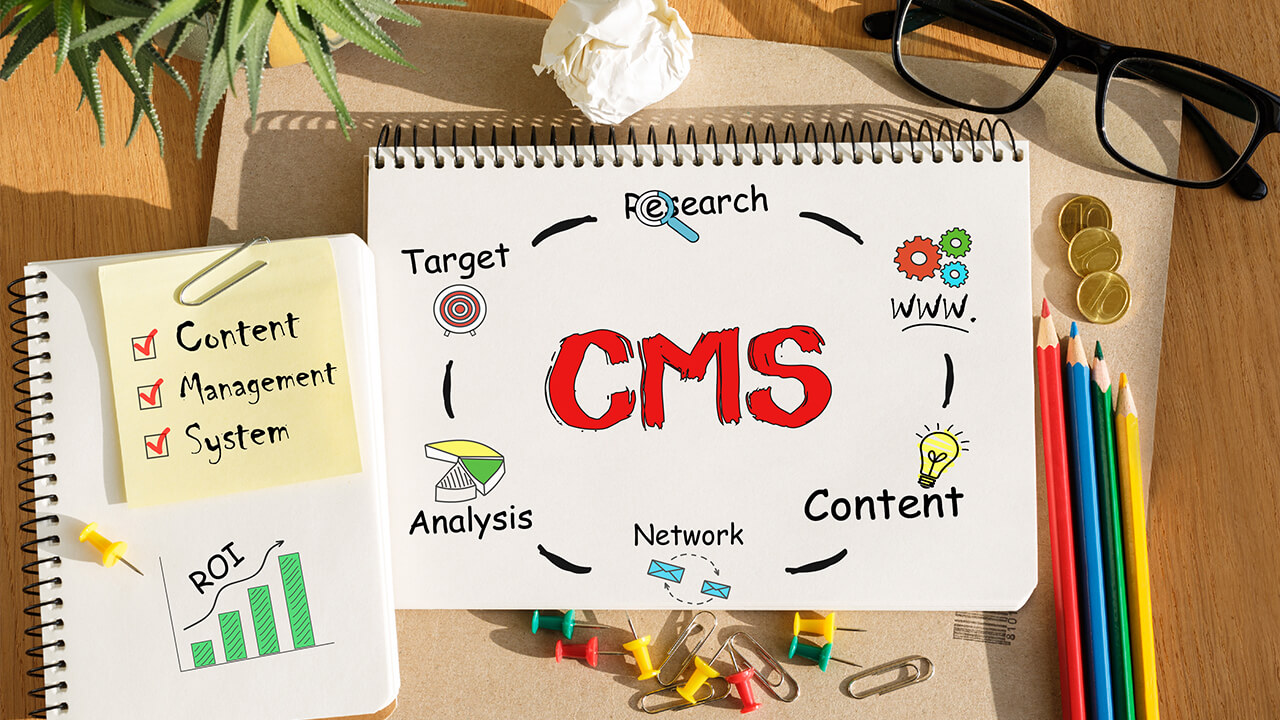
For many organizations, diving into the world of code to build a platform from where you can upload images is quite difficult to deal with. Content Management System (CMS) is known as a knight in shining armor that saves them loads of time and allows them to develop, upload and manage content from a single platform.
Along with managing the whole content system, the platform allows users to add unique templates and increase plugins for efficient performance and user experience. But everything has its pros and cons. Sometimes you might find it hard to operate due to some issues but fear not because we are about to troubleshoot all of them.
Today team LPS is at your rescue. Let’s understand why your Content Management System is not working and what you can do to make it work!
The content management system has become necessary for every organization that plays with content and counts on it to capture the attention of its audience. When your Content management system is not working and lacks the efficiency that you are looking forward to, There could be several underlying reasons that we are about to discuss!
Content Management System is a complete platform that requires training to work with. Let’s suppose you are a newbie and completely oblivious to the fact of how it works. How would you feel if someone handed you the platform and asked you to manage all the content through it? One of the massive reasons CMS stops working is the lack of training.
Content management system training should be one of the basic principles to go through before getting your hands on it. Some of the features of CMS are sensitive, and to use them for managing the overall content, you must require intense training for probing in detail.
Let’s talk about one of the technical issues that users often encounter while using a content management system. Our CMS is hosted from the server; if your system is working slowly, has frequent server downtime, and has unexplained technical problems, it might be due to hosting server issues.
To resolve it, check server logs for error messages and monitor the server status. Apart from these, another reason for hosting server issues could be exceeding capacity. You must upgrade the package if your content management system works beyond the defined capacity and your website traffic has outgrown.

Many organizations may neglect the underlying issue before launching a complaint about CMS. Every Company works through a few software to keep their system afloat amidst loads of work, but your system might malfunction when it needs software compatibility.
First, you must ensure that your CMS and server software are updated and that you are not using the outdated version. Sometimes to make your software compatible, you have to downgrade one of the software to resolve system malfunctioning. You should also review CMS documentation to learn about its compatibility with other software and what measures you need to take for smooth performance.
Plugins are responsible for boosting the Content Management system’s core functionality and allowing users to make changes in functionality, features, and more. Conflicting code within plugins can lead to errors, crashes, or even the website’s white screen of death (blank page). These issues can render the website unusable.
Also, if your system is going through plugin conflict, your website might get vulnerable, and user experience will be affected. Due to the conflicting plugins, your system might go through
If you want content management system key features to work efficiently, ensuring that none of the data is misconfigured or corrupted is critical. Also, the system starts malfunctioning due to the failed operations within CMS, and you need a database expert for assistance.
To resolve the performance issue or if your CMS is not working well, you need to optimize your DB and make sure that the credentials entered are as expected; make sure to take timely backups of your Database so that you can restore it later or you can use third-party library/tools to get you to keep running with it. Lastly, you can always look at your running ports and make sure there is no mismatch.
To summarize, Content Management System is a powerful tool that streamlines many processes within the organization and paces up tedious tasks in minutes, but it often gets frustrating if the system doesn’t work as per the user’s expectation to improve it; we can do following efforts to keep it up and running
Improving your content management system is equivalent to boosting user experience. Any organization can improve its content management system by focusing on the four steps.
Content Management Systems allow companies to control, edit and publish content without going through a long communication process. This system allows the team to keep your website organized, clean, and looking great.
What are the top three important components of CMS?
If you want your CMS to be perfect in operation, here are the top three components you must watch to avoid malfunctioning.

Driven by Technology to the Digital Future

LPS is a Fully Remote Company Temporarily.